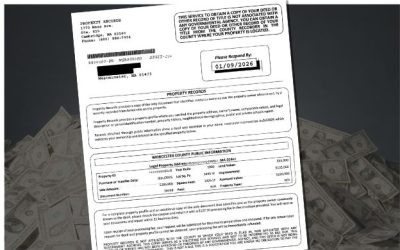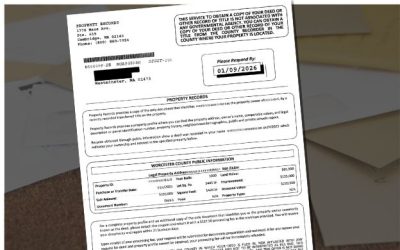SUMMARY: Starting March 1, 2026, FinCEN’s Residential Real Estate Rule requires a Real Estate Report for certain non-financed residential transfers where the buyer is an entity or trust (common “cash/opaque ownership” scenarios). Real estate agents do not file the...

3 Quick Wins You Can Use This Week to Get More Referrals (Without Spending a Dime)
3 Quick Wins You Can Use This Week to Get More Referrals
(Without Spending a Dime)If there’s one thing we hear often from agents and loan officers, it’s this: “I would like more warm referrals — not cold leads that waste my time.”
Here are three easy wins you can put into play immediately. These aren’t theory. They work because they make people think of you first, without you chasing anyone.
1. Send a “5-Minute Holiday Check-In” to Past Clients
Don’t overthink it. Keep it simple:
“Hey, just wanted to check in before the holidays. Anything going on with your home or your plans for 2026 that you want to bounce off me?”
This message hits the sweet spot — it’s warm, personal, and not salesy.
Every year, people start thinking about tax implications, life changes, refinancing, upsizing, downsizing, and renovation goals right around the holidays.
You’re giving them permission to talk to you again.
2. Share One Useful Local Market Snapshot (No Fear Tactics)
Clients don’t want national stats. They want to know what’s happening within 20 miles of their front door.
You can send something like:
“Quick update: Inventory is shifting in our area, and buyers/sellers are getting opportunities we didn’t have six months ago. Want me to send you the 60-second version for your neighborhood?”
This positions you as the guide — not the alarm bell.
3. Ask Local Professionals for a “Holiday Bump” Exchange
Reach out to:
- insurance reps
- accountants
- estate attorneys
- contractors
- property managers
Say:
“Holiday rush is starting. Want to exchange a couple warm intros for clients who could use each other’s services before the end of the year?”
You’d be surprised how many pros love this, because they’re also trying to finish the year strong.
Providing title, escrow, closing and settlement services to clients throughout Massachusetts and New Hampshire
Recent News
What Real Estate Agents Need to Know About FinCEN’s New Residential Real Estate Reporting Rule (Effective March 1, 2026)
Why New Homeowners Get Targeted After Closing
For many buyers, one of the most surprising parts of homeownership happens after the closing is complete: the sudden increase in mail related to their property. This isn’t accidental—and it isn’t unique to any one company or offer. It’s the predictable result of how...
New Homeowners Beware: “Recorded Deed” Letters That Aren’t What They Seem
Buying your first home is exciting—and it often comes with a mountain of paperwork. Unfortunately, it can also make you a target for misleading solicitations that appear official and urgent, but offer nothing you actually need.One of the most common examples we see...












